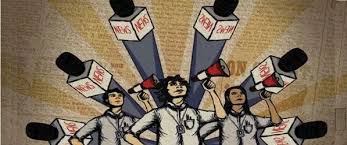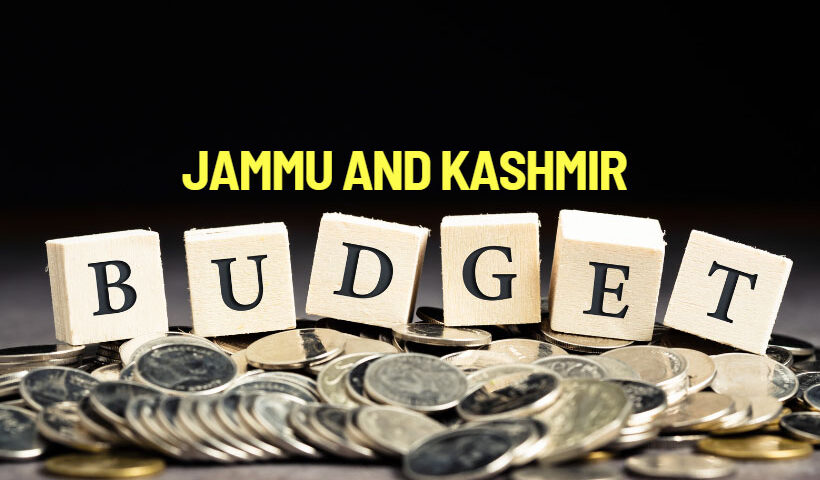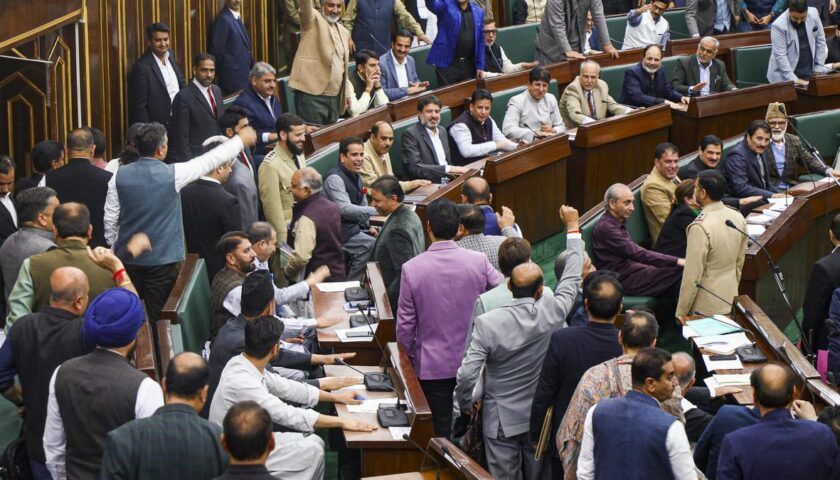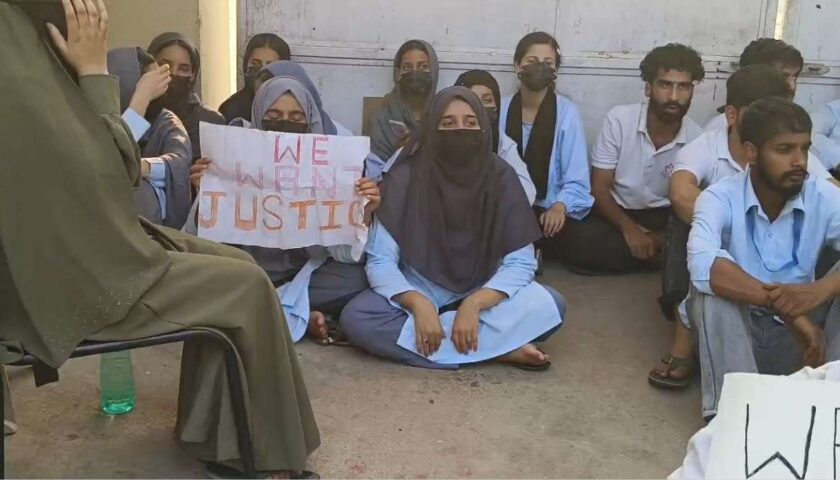Kashmir’s People Under Siege: A Call for Responsible Reporting and Unity
By: Javid Amin
Srinagar 24 April 2025: On April 22, 2025, the serene town of Pahalgam in Jammu and Kashmir witnessed a horrific terror attack that claimed the lives of 26 innocent tourists and injured 17 others. This tragedy, the deadliest in India since the 2008 Mumbai attacks, has not only shaken the nation but also ignited a wave of media sensationalism and unwarranted backlash against the Kashmiri community. As the nation grapples with grief, it’s imperative to approach the situation with empathy, understanding, and a commitment to unity.
The Pahalgam Tragedy: A Dark Day in Kashmir
The attack in Pahalgam was orchestrated by a group identifying itself as the “Kashmir Resistance,” believed to be a front for Pakistan-based organizations like Lashkar-e-Taiba and Hizbul Mujahideen . The militants targeted tourists, demanding they recite Islamic verses, and killed those who failed to comply . This heinous act has been widely condemned, with Indian Prime Minister Narendra Modi vowing justice and accusing Pakistan of supporting cross-border terrorism .
Media Sensationalism: Politics Over Humanity
In the aftermath of the attack, certain media outlets have prioritized sensationalism over responsible reporting. Graphic visuals, inflammatory rhetoric, and speculative narratives have dominated the airwaves, often overshadowing the human tragedy and the need for unity. Such coverage not only undermines journalistic integrity but also fuels hatred and mistrust, making it harder for Kashmir to recover and thrive.
Kashmiris Facing Hostility Across India
The fallout from the attack has extended beyond the Valley, with reports of Kashmiris facing harassment and discrimination in various parts of India:
-
Students: Kashmiri students in states like Uttarakhand, Uttar Pradesh, and Himachal Pradesh have reported targeted harassment and eviction from hostels and rented accommodations .
-
Businesspersons: Entrepreneurs and traders from Kashmir are facing boycotts and exclusion, threatening their livelihoods.
-
Workers: Migrant Kashmiri workers are experiencing discrimination and hostility, further alienating them from the communities they live in.
These actions not only violate the principles of humanity and justice but also risk creating irreparable social divides.
The Economic Impact: A Blow to Kashmir’s Livelihood
Tourism, a vital sector for Kashmir’s economy, has suffered immensely. Following the attack, there has been a surge in cancellations, with reports indicating that 80-90% of bookings have been withdrawn. Local businesses, including hotels, restaurants, and artisans, are facing significant losses, threatening the livelihoods of thousands.
A Call for Responsible Reporting and Unity
In times of crisis, the role of the media and political leaders becomes even more crucial. It’s imperative to:
-
Promote Ethical Journalism: Media outlets must prioritize factual reporting over sensationalism, ensuring that their coverage fosters understanding rather than division.
-
Support Kashmiris: Authorities and communities across India should ensure the safety and dignity of Kashmiris living outside the Valley, fostering inclusion and understanding.
-
Highlight Stories of Unity: Sharing narratives of resilience and solidarity can help counteract negative stereotypes and promote national cohesion.
Bottom-Line
The Pahalgam attack is a stark reminder of the pervasive threat of terrorism. However, attributing blame to local Kashmiris only serves to deepen divisions and hinder recovery. By acknowledging the global nature of such threats and supporting affected communities, we can work towards a more inclusive and resilient society.




